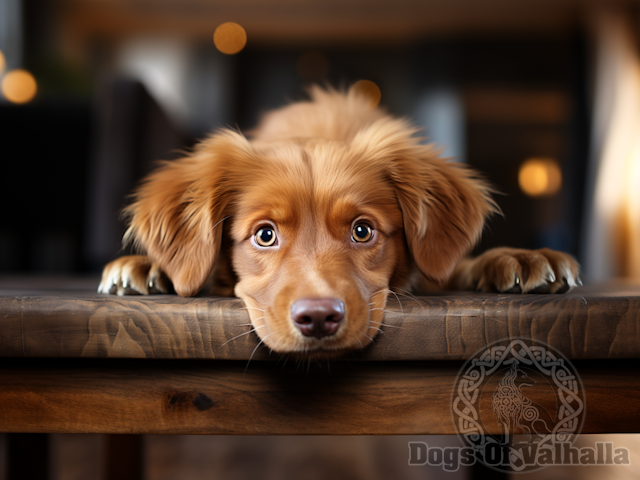Losing a beloved pet is an experience that can bring about a whirlwind of emotions. Amidst the grief and sorrow, many pet owners find themselves grappling with a unique set of emotions—guilt and regret. These complex and often controversial emotions can be overwhelming, making the process of healing and moving forward even more challenging. In this article, we delve into the depths of guilt and regret in pet loss and explore strategies to navigate these emotions with compassion and self-care.
Guilt often creeps into the hearts of pet owners, leaving them plagued with questions like, “Could I have done more?” or “Did I make the right decisions?” It’s important to acknowledge that guilt is a natural response to loss, as it stems from the deep love and responsibility we feel for our furry companions. However, it’s crucial to remember that we are only human and that the decisions we made were based on what we believed was best for our beloved pets at the time. Forgiving ourselves and understanding that we acted out of love can help alleviate some of the burden of guilt.
Regret, on the other hand, is closely tied to the “what if” scenarios that haunt us after our pets pass away. We may find ourselves wondering if we missed warning signs or if we could have done something differently to prevent their suffering. While it’s natural to reflect on the past, it’s important to acknowledge that dwelling on regret does not change the outcome. Instead, channeling that energy into honoring our pets’ memories can be a more productive way to cope. Engaging in rituals, creating memorials, or participating in activities that celebrate their lives can provide solace and help shift the focus from regret to remembrance.
Coping with guilt and regret requires self-compassion and understanding. It’s essential to recognize that we did the best we could with the knowledge and resources available to us at the time. Seeking support from loved ones, friends, or even professional counselors who specialize in pet loss can offer a safe space to express these emotions and gain perspective. Sharing our experiences with others who have gone through similar journeys can be comforting, reminding us that we are not alone in our feelings.
Additionally, practicing self-care is paramount in navigating these complex emotions. Engaging in activities that bring us joy, such as spending time in nature, practicing mindfulness, or pursuing hobbies, can provide a much-needed respite from guilt and regret. Taking care of our physical and emotional well-being allows us to honor our pets by finding moments of peace and healing within ourselves.
It’s important to remember that healing is a gradual process, and there is no timeline for grief. Each person’s journey is unique, and it’s crucial to grant ourselves the patience and understanding we would offer to others experiencing loss. While guilt and regret may ebb and flow, finding healthy outlets for these emotions and focusing on the love and cherished memories we shared with our pets can ultimately lead us towards healing and acceptance.
In conclusion, navigating the controversial emotions of guilt and regret in pet loss requires acknowledging their presence and being gentle with ourselves. It’s crucial to embrace self-compassion, seek support, and engage in activities that honor our pets’ memories. By allowing ourselves to grieve, finding healthy ways to cope, and remembering the love we shared, we can gradually heal and move forward, cherishing the profound bond we had with our furry companions.

Thiss tex is priceless. When can I find oout more?
Explore the ranked best online casinos of 2025. Compare bonuses, game selections, and trustworthiness of top platforms for secure and rewarding gameplaycasino.